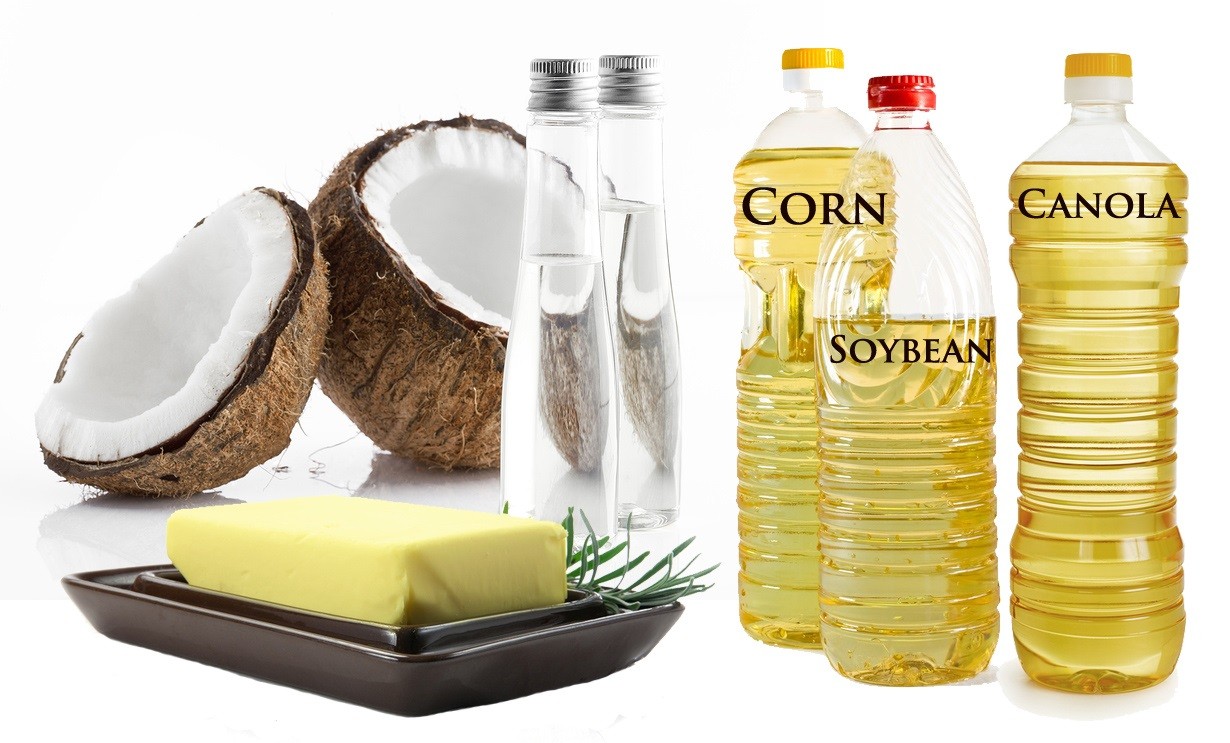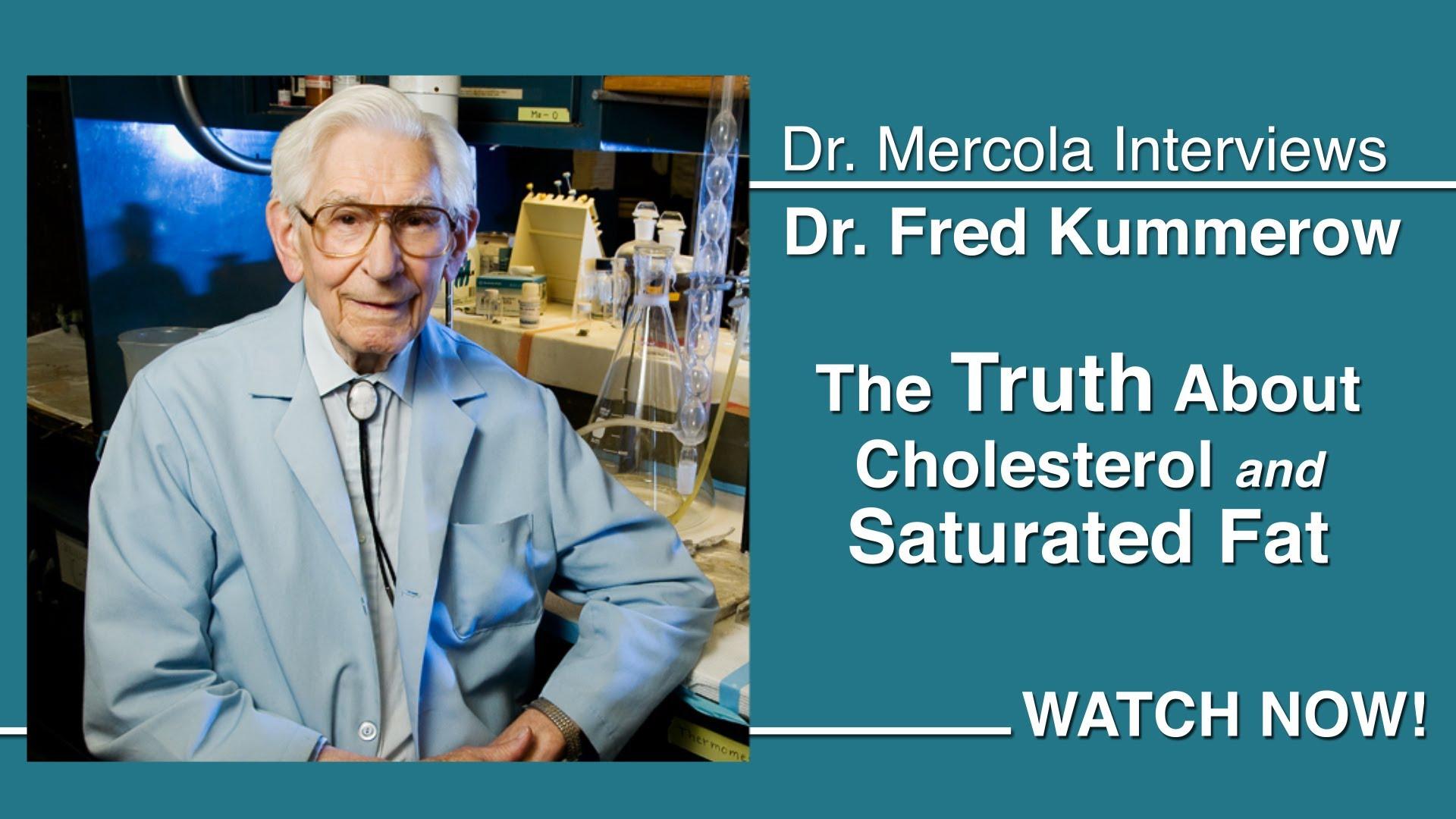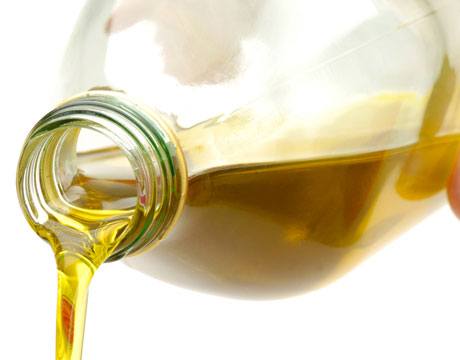Exposing Myths of Dietary Oils: The Omega 3 to Omega 6 Fatty Acid Ratio is Key
Dietary fats can be tricky business, as they're not all the same. While some are necessary for optimal health, others need to be balanced and some need to be avoided altogether, and understanding which is which is quite crucial, considering how important fats are for optimal health. Unfortunately, many health authorities have insisted omega-6-rich vegetable oils are healthier than saturated animal fats such as butter and lard, and this myth has been a tough one to dismantle, despite the evidence against it. Here, I will review some of the basics, including the importance of balancing your omega-3 and omega-6 intake, and why replacing saturated animal fats with omega-6-rich vegetable oils is such a bad idea.










